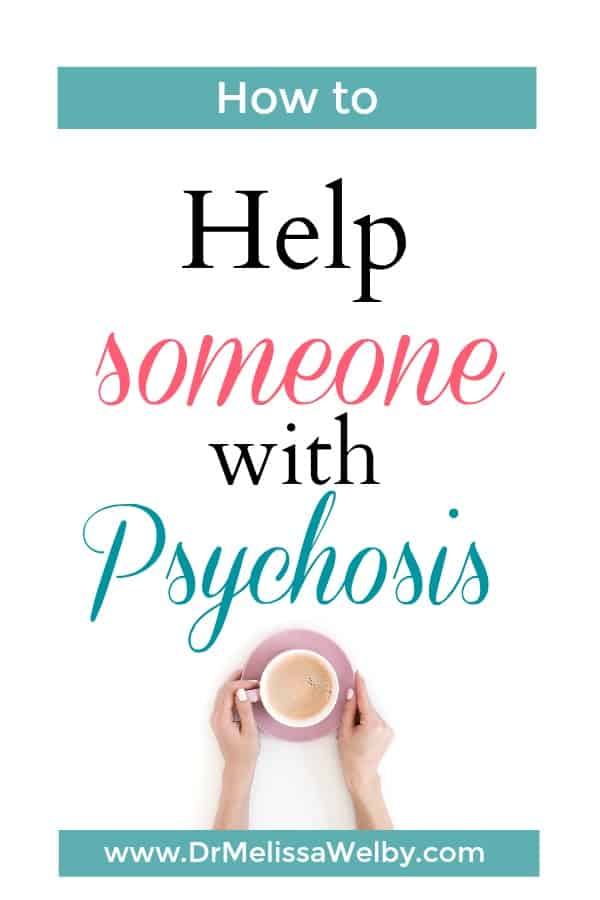Perceptions of mental health are influenced by stigma and also factors that pertain to social, religious and cultural tradition. Cultural interpretations of mental health vary widely around the globe. Simply put, when it comes to culture and mental illness, no two opinions are alike.
Cultural Interpretations of mental health vary globally
A study conducted in 2015 at Brunel University London has revealed that mental health literacy levels are higher in the Western world, namely North America and Europe when compared to African and Asian cultures.

















